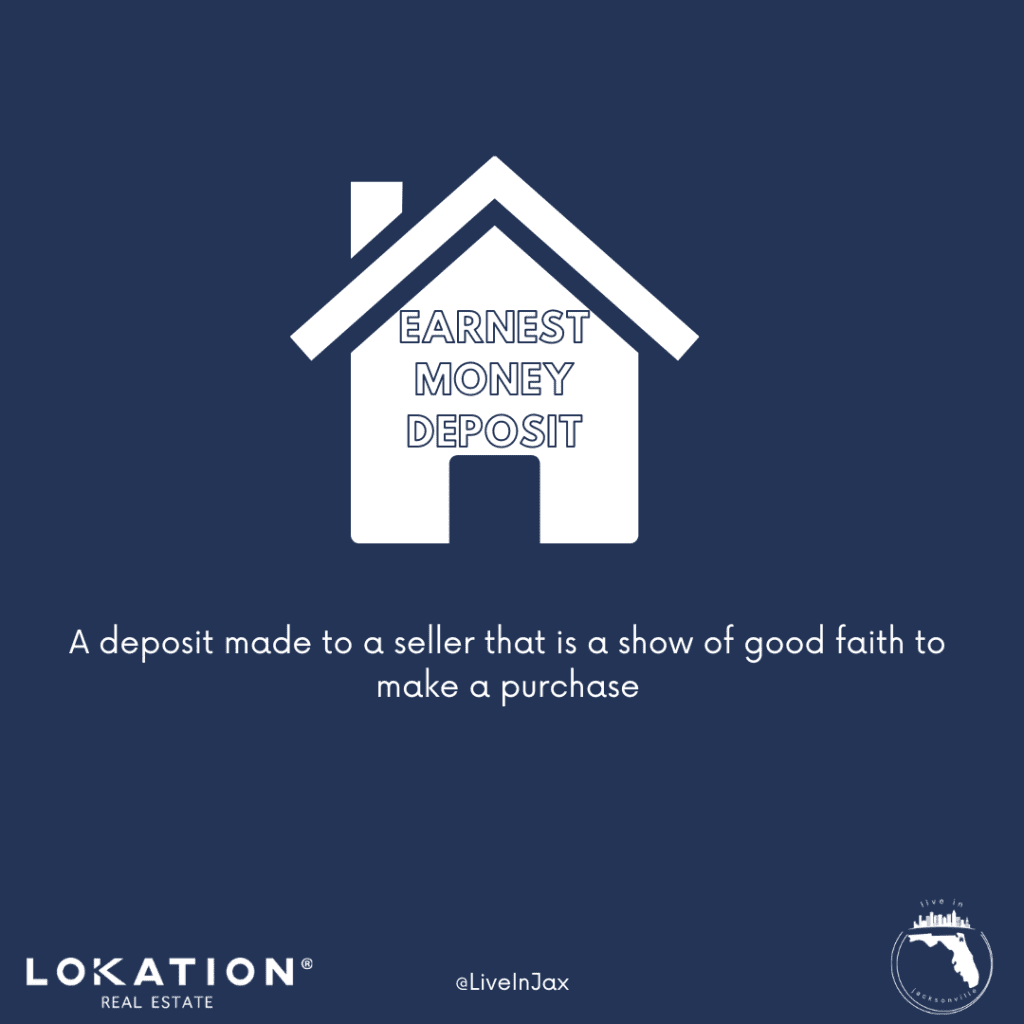Are you preparing to buy a home and are you curious if an earnest money deposit (EMD) is safe? If so – please read on and let’s learn about earnest money deposits, when they’re used and the protections available to buyers and sellers.
What Exactly is an Earnest Money Deposit?
An earnest money deposit is typically an amount of money placed in an escrow account to show good faith during the home purchase period. Buyers will contribute a certain amount of funds that will convey to the seller upon completion of the transaction. These deposits vary from transaction to transaction and may be a percentage of purchase price or a fixed amount. On average, 1-5% is normal but there is room for negotiation.
Who Holds the Funds?
Typically, EMD funds are held by the seller’s broker, a title company or attorney. This ensures the funds are held neutrally in case of any disputes that may arise. With all terms and conditions of the contract met, the funds will release to the seller at closing.
Is it Possible to Lose My Deposit?
Yes, as real estate transactions are contractually based – should you fail to follow terms, your deposit could be at risk. Examples might include failing to meet deadlines, agreeing to a non-refundable deposit (most common with bank-owned properties), prematurely waiving contingencies and needing to walk away from a deal, change of mind/circumstances that prevent you from proceeding with the sale.
Is My Deposit Refundable?
In cases where the seller fails to hold up their end of the agreement or the transaction does not complete, you should receive a return of deposit. Additionally, contingencies will often protect your deposit as well (if you fail to secure financing or there are inspection contingencies). Remember to always mind contractual deadlines.
What Happens if there is a Contractual Dispute?
A dispute would happen when both the buyer and seller make claim to the funds with the transaction not proceeding. Perhaps there is an inability or refusal to close or contractual breach has occurred. In cases, when both parties refuse to sign authorization instructing the escrow agent to release/disburse funds, then there is technically an escrow dispute. With conflicting instructions, the agent will freeze the account until the dispute is resolved. With a contract involved, REALTORs will be unable to provide advice and buyers and sellers should look to the contract or an attorney.
In Florida, if the escrow agent is a real estate broker, state statutes will govern how to proceed. Namely, when there is a dispute, FREC (the Florida Real Estate Commission) must be notified. There are options to handle including a disbursement order from FREC, submitting for mediation or arbitration (requires agreement on both sides) or seeking judgment from the courts.
If funds are held by anyone other than a licensed broker, the dispute will be handled as a civil matter. Assuming the Florida Realtors/Florida Bar As-Is Residential Contract for Sale and Purchase was utilized, there are 10 days to attempt to resolve the issue. If unsuccessful, mediation will ensue. Failure of mediation means the escrow dispute will become a legal matter for the courts to resolve.
Making an earnest money deposit is a regular and routine part of real estate transactions. If you have questions about your proposed deposit, be sure to inquire prior to making your offer. It is imperative you understand how deposits work so you can confidently offer and be an informed participant.

